If I have to be completely honest with you, while I’m a big fan of RPGs in general, I oftentimes lack the opportunity to spend time with standalone and new IPs in favor of bigger and well-established franchises.
Perhaps that “track record” is what made me wonder if I was going to find 1905 Warsaw entertaining. Moreover, I’m an action RPG man, which puts me on the fence when approaching a turn-based role-playing game.
However, if there is something that moves me and appreciate from game developers is the attention to detail and passion they can invest in a game’s story. For me, an aspiring game writer, having a cohesive, engaging, and compelling narrative is what makes or breaks a game. I’m happy to say that Fool’s Theory and 11 Bit Studios exceeded my expectations.
A thaumaturge is a worker of miracles, a magician, a mysterious entity that brings joy and even chaos to the masses. This game is a thaumaturge all in itself, and its miracle is how well it is built and the fact that it made me love turn-based combat like no other game has ever done that before. Here is my review of The Thaumaturge.
More than just a city
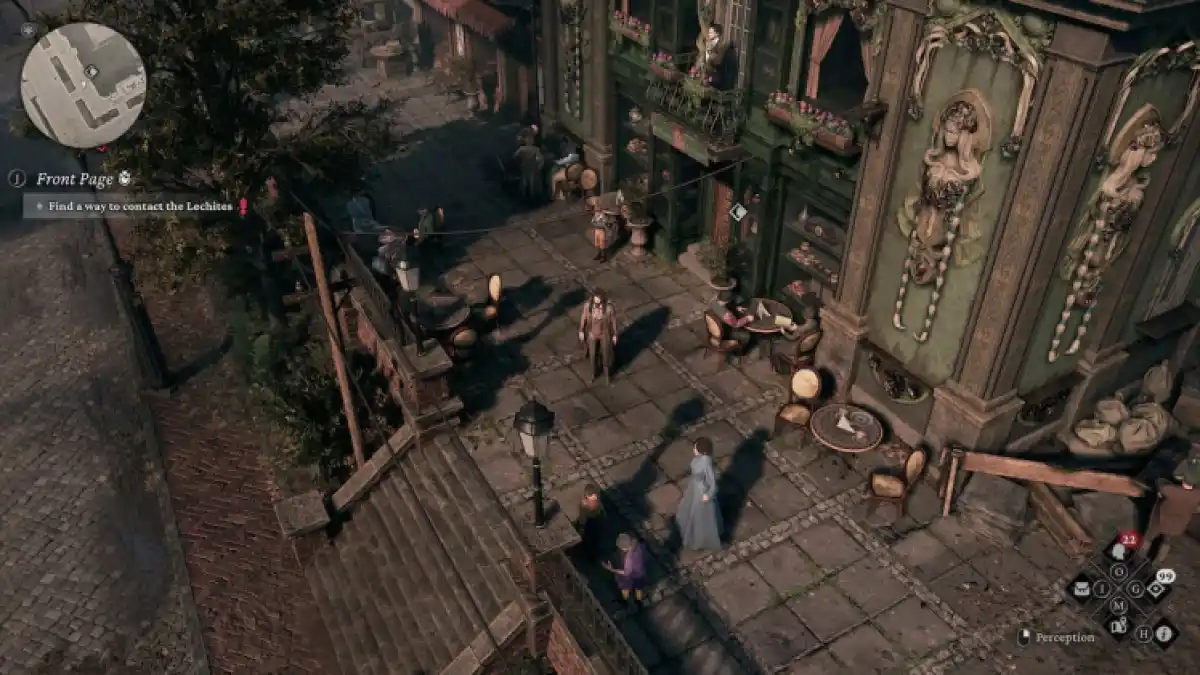
With a setting as interesting as Warsaw during the start of the 20th century, the developers were up to a very difficult yet exciting task. As they have stated in their promotional material, 1905 Warsaw was a major setting for cultural variety and diversity, so crafting the setting and the different character designs was going to be a challenge.
Fortunately, during my experience across the streets and districts of Warsaw (both the rich and poor ones) I was able to find myself immersed in both the design of the buildings and how every character was designed.
Personally, each character model helped to convey not only their personality but also their background and social status. Members of the high society wear clothes as flamboyant as they can get. The goons of the streets of Warsaw are dressed in ragged clothes and several blood stains adorning their shirts. All this creates a sense of place.
The design of our protagonist, Wiktor Szulski, gave the magician vibes from the very first moment he appeared on the screen – despite the reddish and almost zombie-like eyes and face he was sporting at the moment.
The art of the supernatural
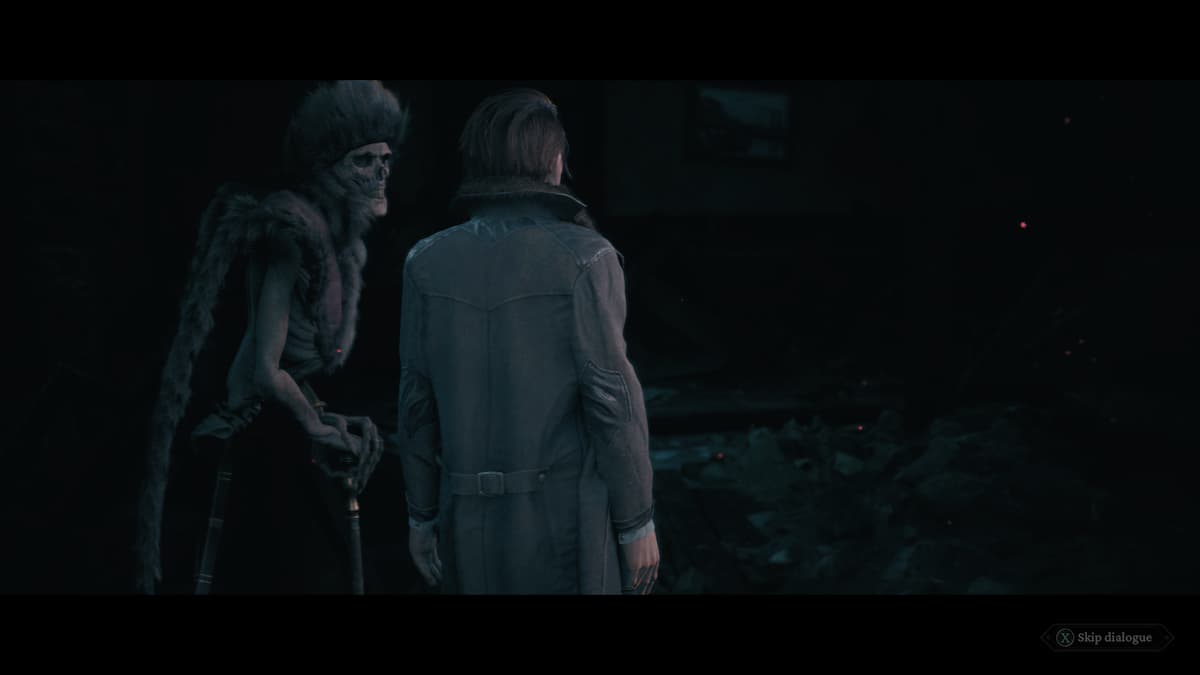
However, if I had to choose something that was as eye candy as it can get, then I have to go with the Salutors’s – the demon-like entities that Wiktor commands to fight and influence people – design. Man do they look both terrifying and beautiful at the same time. I mean, when I first started the game, I thought Upyr – the very first Salutor in your collection – was already a decently designed creature.
Once I started to increase my collection of Salutors, my mind was completely blown not only by how interesting and how they presented the same diversity that the devs tried to convey, but how menacing and intense their animations became once I tried them during combat.
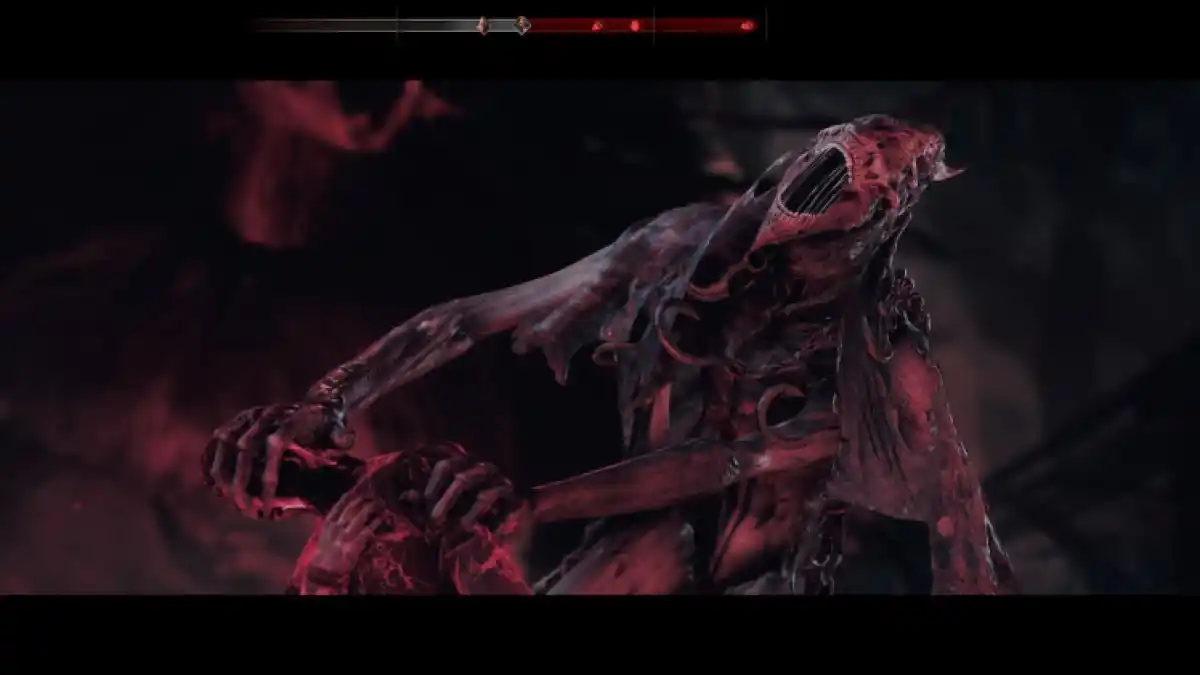
The only point of contention I have is the music. I enjoyed interacting with record players to collect music from the likes of Chopin, but I was particularly distracted by the combat music loop. It falls into the cliché and it made me feel out of the setting they have fought so much to create. The loop was very noticeable — it stopped and then started back again, and with fights extending for quite a bit, I was starting to feel like someone was hypnotizing me. Maybe I’m a nit-picker, but I’m also a musician and composer, so I believe they could have accomplished much more.
Overall, the game looks and sounds great. I do have to point out that there were some minor instances of artifacts popping on the screen as well as some texture issues – for example, a woman’s dress could go through her skin and disappear. It didn’t ruin my experience, but I would have appreciated some more polish in that regard.
Exploring the world, discovering plots
Exploring the city of Warsaw and its many districts was a great experience for my completionist nature. Each character you encountered, whether you could interact with them or not, always had something to say whenever you passed by them and made the exploration aspect of this game quite a treat. While you can use your thaumaturgy powers to locate the exact path you will have to walk to get to your destination, diverting from it will be rewarding as well.
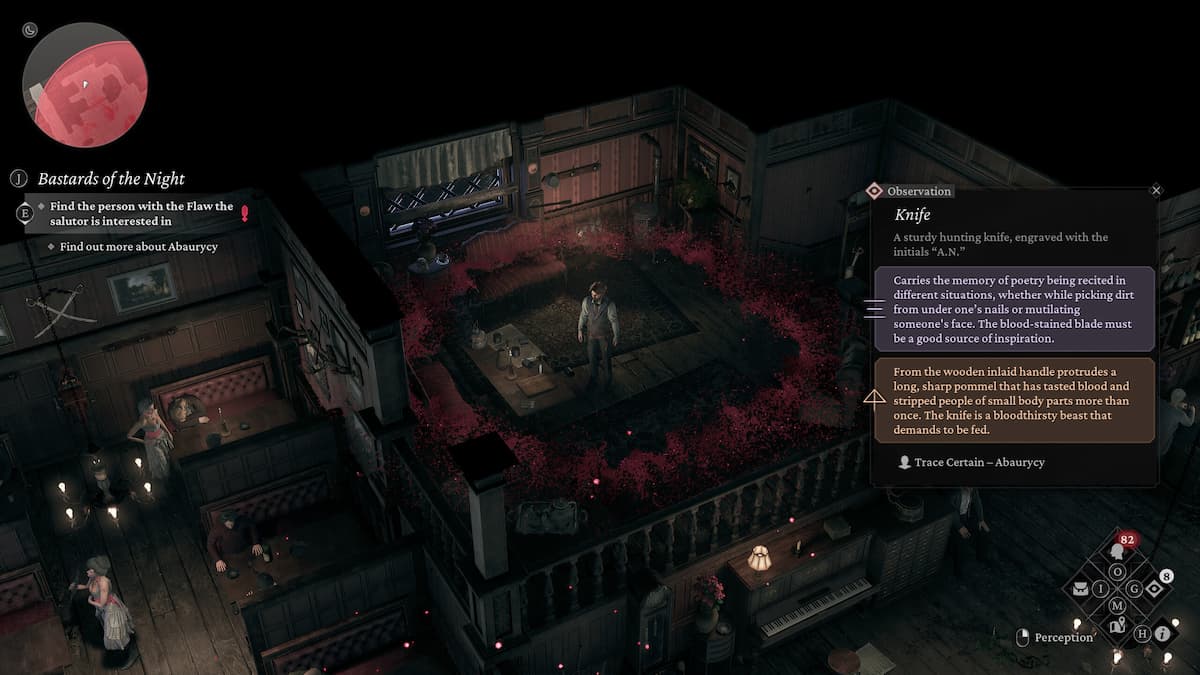
It is in that diversion that you will be able to interact with objects left by characters that Wiktor will be able to interact with. That way, he will be able to find a certain character’s trace and interconnect several clues that will lead him to a conclusion. Whether this character has its hands stained with blood or you discover that certain someone had a passionate affair with one of Warsaw’s crème de la crème, this detective-like system made me fall in love with lore once again.
With that being said, and while you can certainly explore a lot of sites and discover objects, in-game quests are particularly linear instead of open-ended. Now, there is nothing wrong with linearity in games, but I found myself following my Thaumaturge senses like a compass and finding the necessary items to unlock a dialogue option to finish the quest in just a few seconds. The ones looking for the openness of many other RPGs will find this repetitive after some hours. On the other hand, those who are a bit tired of the open-world formula will find this refreshing, so it’s a matter of perspective.
Strategy favors the bold
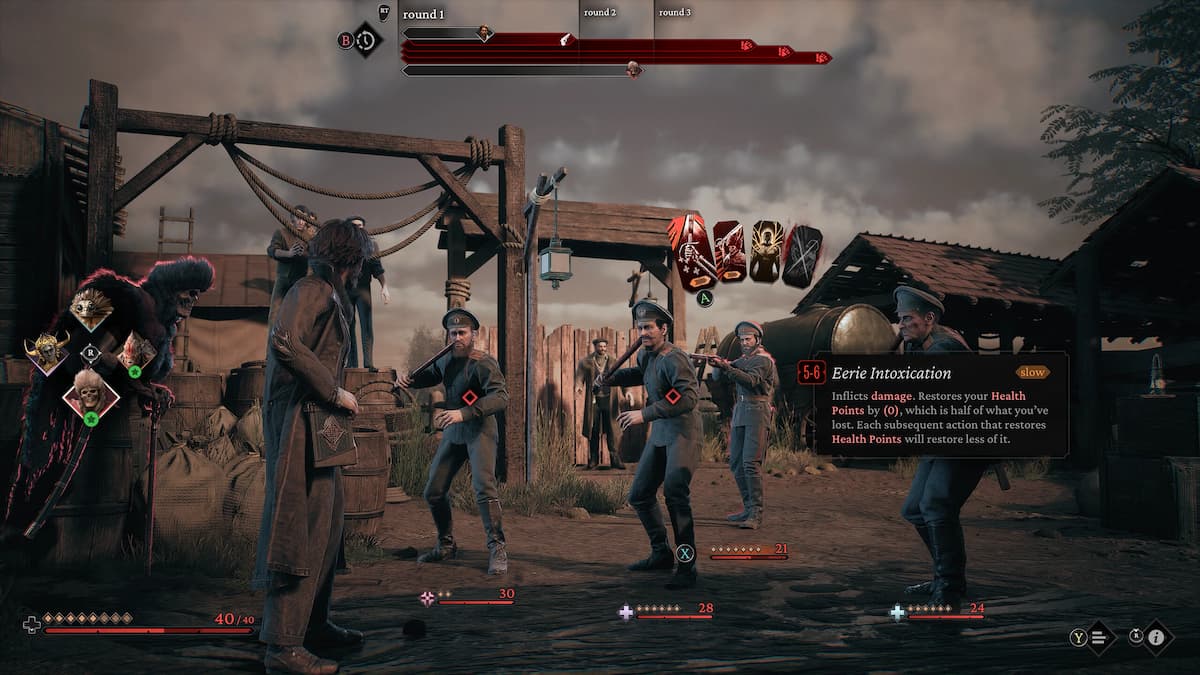
Now, I have already expressed my “not-fan” status for turn-based combat in role-playing games and how this game changed my perception of them. Well, this is how I came to that. Being a classic button masher since the days of God of War, I tend to approach turn-based combat with the most basic low instincts possible: prioritize damage output and completely disregard passive effects. Well, while this worked for the first couple of combats, it is safe to say that my ass was kicked into oblivion by the most basic goons – let alone Salutor combats.
That is when I realized that strategy is everything in this game when we approach its combat aspect. For example, while punching a dude straight in the face might sound enticing, maybe you want to inflict some major psychological damage through your grimoire which will end up on that character receiving passive damage through a specific number of turns. However, things get a unique twist when Salutors enter the equation.
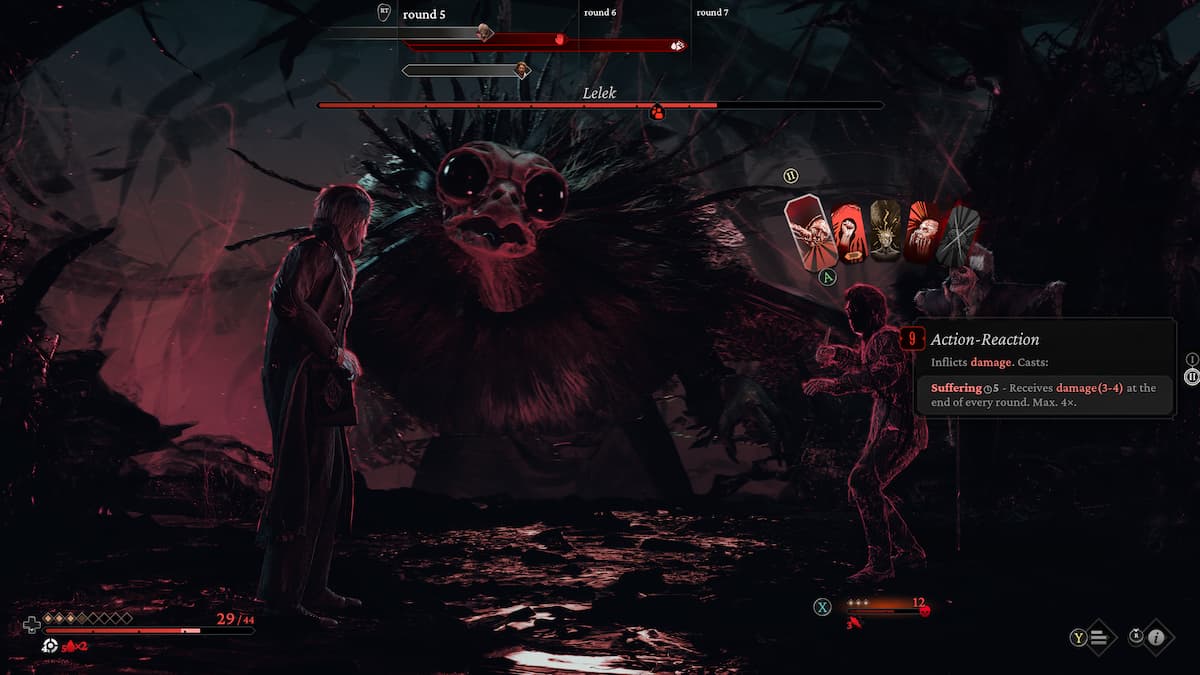
Each of these will act in a specific type of way. Maybe some will focus on damage output, and then others will focus on dealing with passive effects. Some of their moves will end up healing you, while others will completely obliterate the enemy based on their HP. They even get to deactivate an enemy’s special ability – which is an extension of a specific Flaw, we will talk about that later – and prevent them from healing or dismantling their increased defense.
I was fearful that this would become repetitive. But the enemy variety and the introduction of more Salutors made the gameplay experience feel as fresh and as engaging as the very first time you got into a fistfight for nothing other than fistfighting itself. Not only that, but when you level up, you will get to invest your Thaumaturgy points into several thaumaturgies that fall into four categories: Heart, Mind, Deed, and Word, with each of these unlocking upgrades that will add effects to your basic moves. For example, you can add some passive healing to your move or even upgrade the enemy’s damage intake after landing a punch.
Meaningful interactions
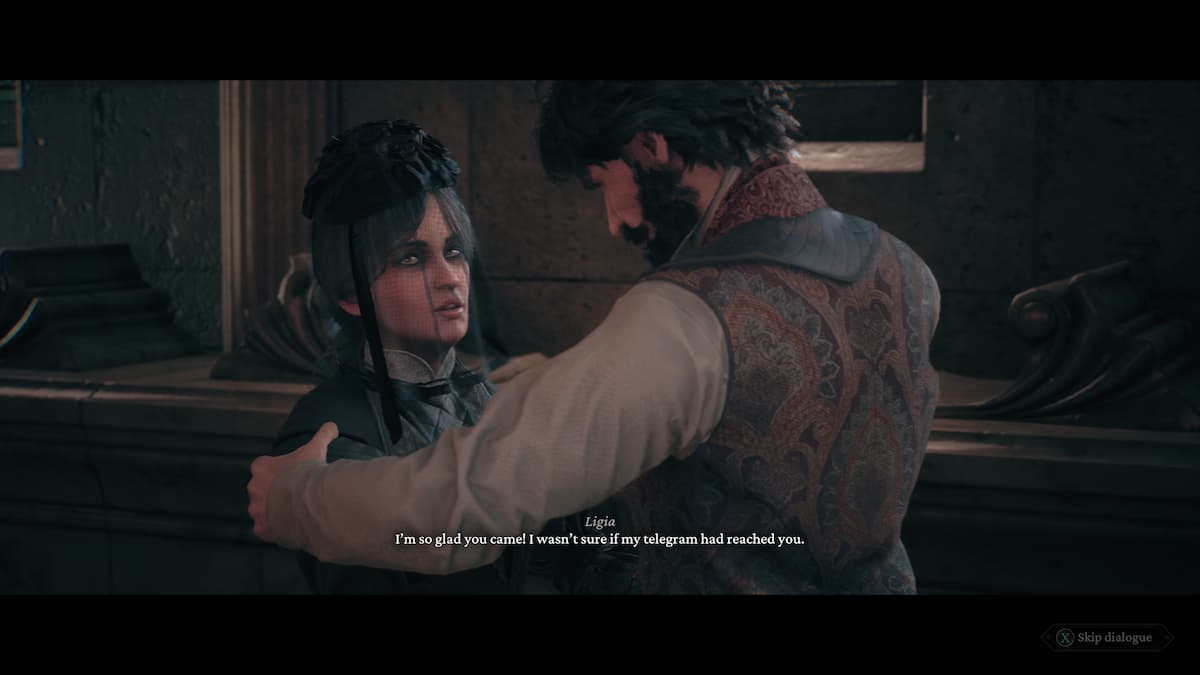
With the game being marketed as story-driven, one could only imagine how the devs could convey a story that could match what I have already said about their combat system, gameplay, and even their character and set design. Well, they didn’t match it, they exceeded it. The story of The Thaumaturge is filled with the supernatural, but also with narrative tropes as common as family relationships – which more often than not are broken -, political conflict, and everything in between.
Each quest whether it is a main or side one, will end up branching into a complex situation such as the death of a child, a secret boxing community, and even high-class rhetoric and drama. In my experience, no side quest felt like a filler or a waste of time. Each of them felt rewarding and entertaining. Not only that but if you are one of those players who interact with every single object in the world, you will eventually draw some conclusions thanks to your supernatural detective abilities that will open up dialogue options when encountering interactable characters during some quests.
Now, I did find some instances in which Wiktor’s responses – especially when closing down interactions – didn’t make much sense and were non-referential. It happened a couple of times where a long line of dialogue from a character was answered with only a “Goodbye”, which is annoying if you take into account the other instances in which the dialogue feels smooth, articulate, and meaningful.
Your choices matter, really
And now that I mentioned dialogue options – and me being quite an expert in segue ways – every single choice you make – that is, what dialogue choice you choose or even how many conclusions will draw – will open up and even limit how you can interact with certain characters. Say that you choose to respond sarcastically to a comment made by one of the protagonists of a questline. When you get to interact with said character later, maybe one of the more lighthearted answers will be locked, thanks to your sarcastic ways – sounds like something I would do, honestly.
Your protagonist’s Flaw is also something that will determine your interactions. A Flaw is a trait such as pride – which is Wiktor’s Flaw – that will power your interactions and even get to summon a Salutor that may influence you if left uncontrolled. In the case of Wiktor, if you choose proud answers, you will feed his Flaw, which will allow you to continue to give Flaw-like answers in the future. If you, however, decide to not be a complete self-centered jerk, then you can limit yourself from some Flaw interactions down the road, preferring a more empathic and human answer.
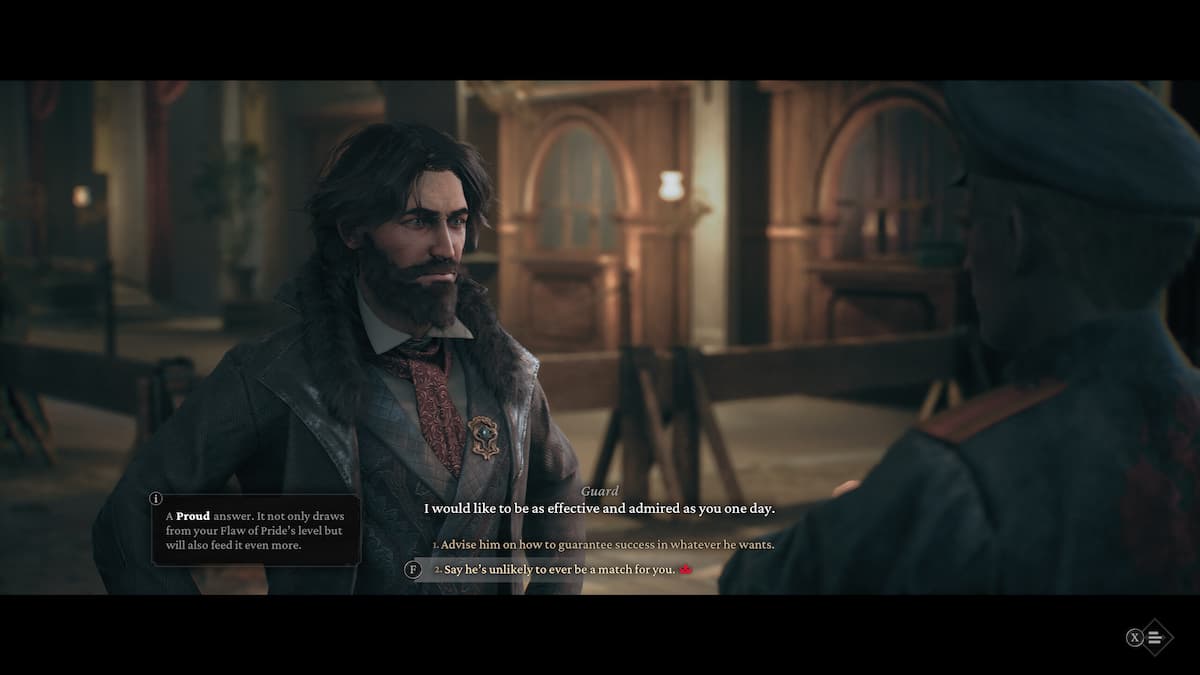
To sum up, the story of The Thaumaturge is a story of grief, love, treason, envy, pride, etcetera. It is, therefore, an ode to human nature including its virtues and vices. While I was completely hooked by how Wiktor collected clues and how he could defeat enemies thanks to his fists, pistol, and Salutors, it was the character interactions and their humanity that made me fall in love with this game. This game might be charged with fantasy, but it is cemented into the rawness of human nature.
A miracle indeed
The Thaumaturge is an example of how a story can engulf and elevate the totality of a game’s elements. It is the balance of a great combat system, a story that will take your breath away, and art that will immerse you into a fantasy yet human world with everything that it represents.
There are some things like some of its music, texture issues, and linearity – to some extent – that can impact the player’s experience, but when a game’s accomplishments outshine its flaws then you have truly found a gem. Honestly, I wasn’t expecting to like this game as much as I did, and whether Wiktor put a spell on me or I naturally fell in love with it, I consider it one of the highlights of the year. And yes, I know it’s only been three months since 2024 started, but I think we have a major contender for one of the best games of the year.
If you have the opportunity to do so, play it with an open mind, a decent amount of free time – this game is long –, and a desire to learn about the in-game characters’ stories. Maybe you can learn something new about yourself while you are at it.

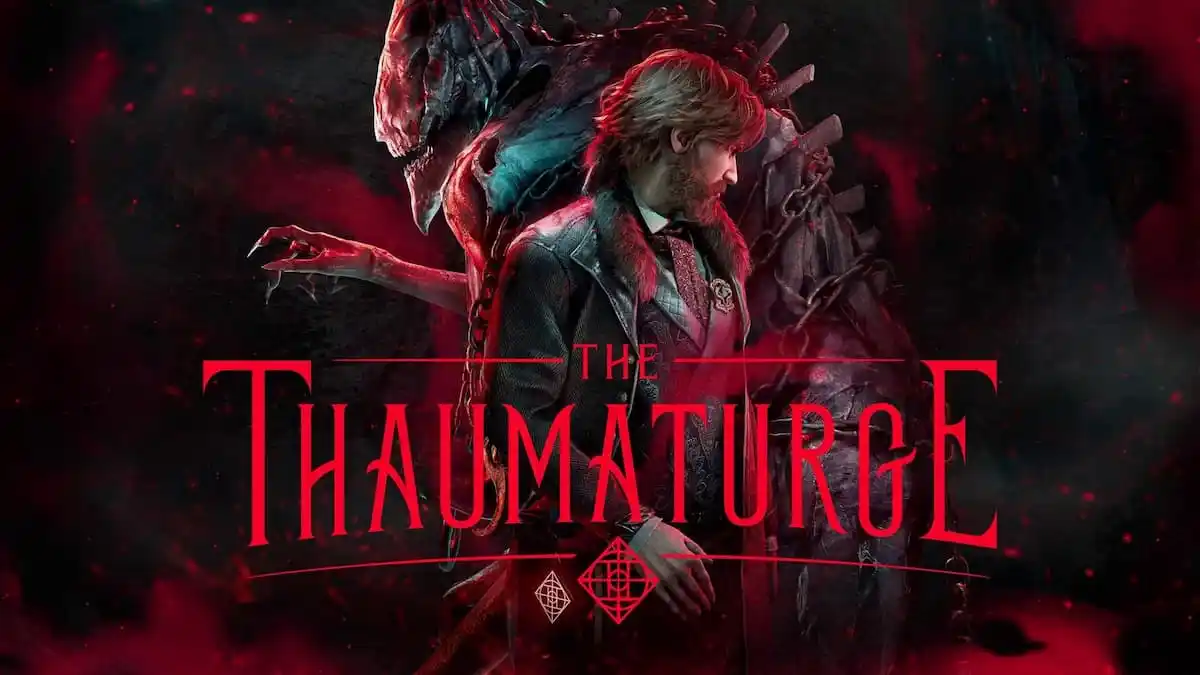





Published: Mar 4, 2024 03:27 pm